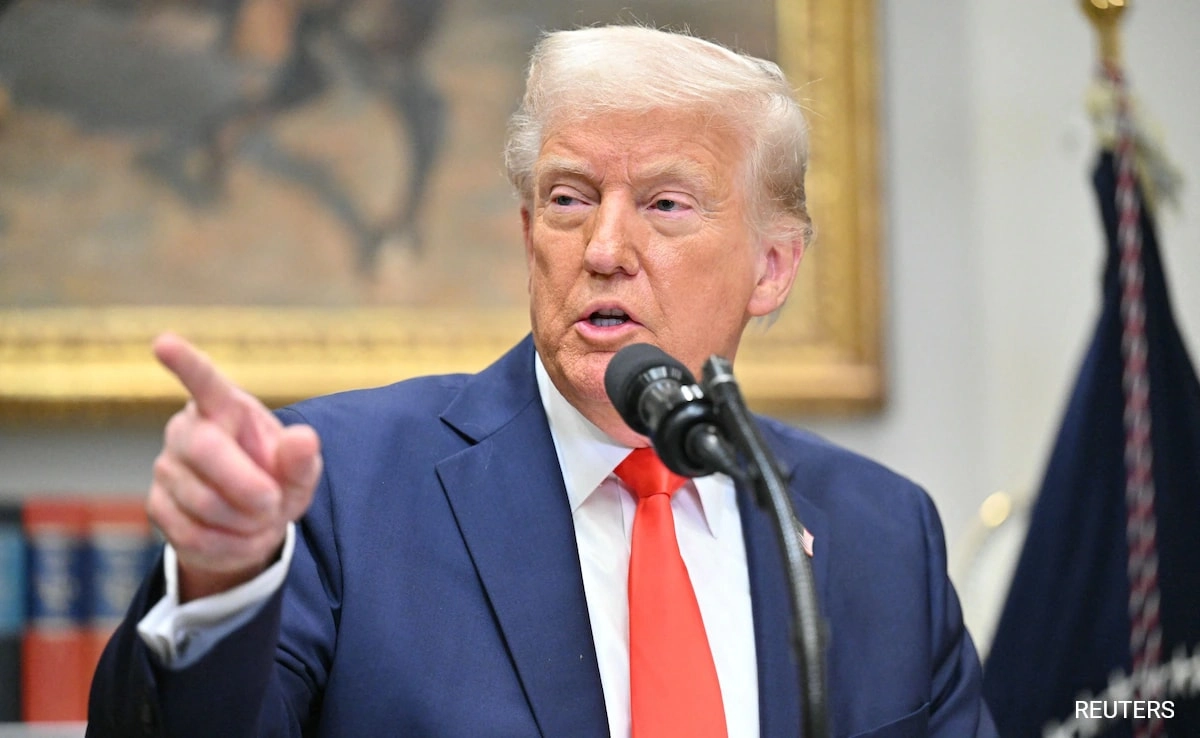The potential for a U.S. government shutdown carries significant implications for the Trump administration, particularly in terms of its policy initiatives, public perception, and overall governance. A government shutdown occurs when Congress fails to pass funding legislation, resulting in the cessation of many government operations and services. For the Trump administration, which has prioritized ambitious policy goals such as tax reform, immigration control, and infrastructure development, a shutdown could derail these initiatives by diverting attention and resources away from legislative efforts. The inability to secure funding can stall critical projects and lead to uncertainty in the markets, affecting the administration’s ability to implement its agenda effectively.
Moreover, a government shutdown can severely impact public perception of the administration. Historically, shutdowns tend to generate frustration among voters, who often blame the party in power for the disruption of government services. If the shutdown is prolonged, it could lead to declining approval ratings for President Trump and his administration, weakening their position as they approach upcoming elections. The administration would face increased scrutiny, as citizens expect their government to function smoothly and provide essential services. This scrutiny could amplify calls for accountability and lead to increased political polarization, making it even more challenging for the administration to garner bipartisan support for its initiatives.
Additionally, a shutdown can disrupt the day-to-day operations of the government, affecting federal employees and the services they provide. The furlough of federal workers and the halt of non-essential services can create a ripple effect throughout the economy, impacting everything from public safety to economic growth. The Trump administration would need to address the concerns of the workforce and the public about the potential fallout from such a shutdown, which could involve increased communication strategies and efforts to reassure citizens that the administration remains committed to resolving the impasse. The challenge would lie in balancing the need to maintain a firm stance on budget negotiations while also ensuring that the needs of the American people are met during a time of uncertainty.
In summary, a government shutdown poses considerable challenges for the Trump administration, affecting its policy agenda, public perception, and overall governance. The potential fallout from such an event would necessitate strategic communication and a focus on resolving budgetary disputes to mitigate adverse effects on both the administration’s credibility and the services provided to the American public. As the political landscape remains volatile, the repercussions of a shutdown could resonate well beyond its duration, influencing the administration’s ability to enact its policies and maintain public trust in the long term.




